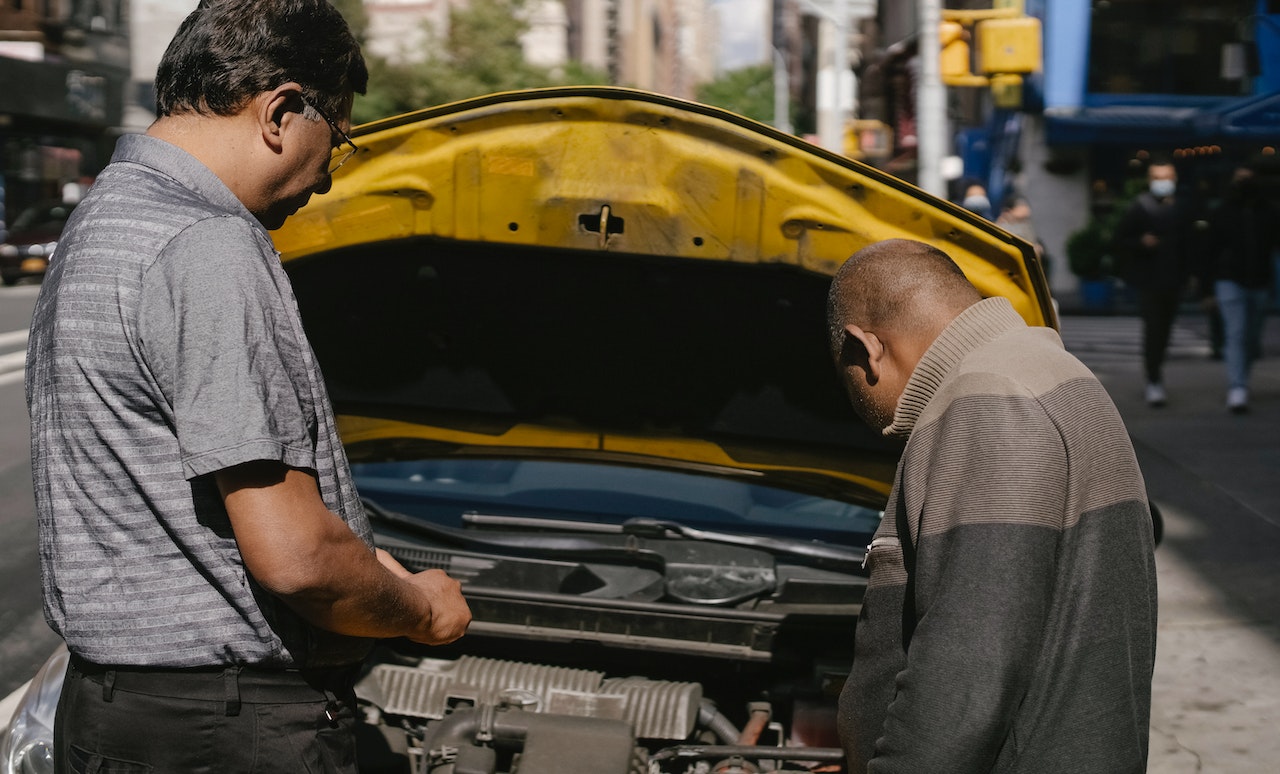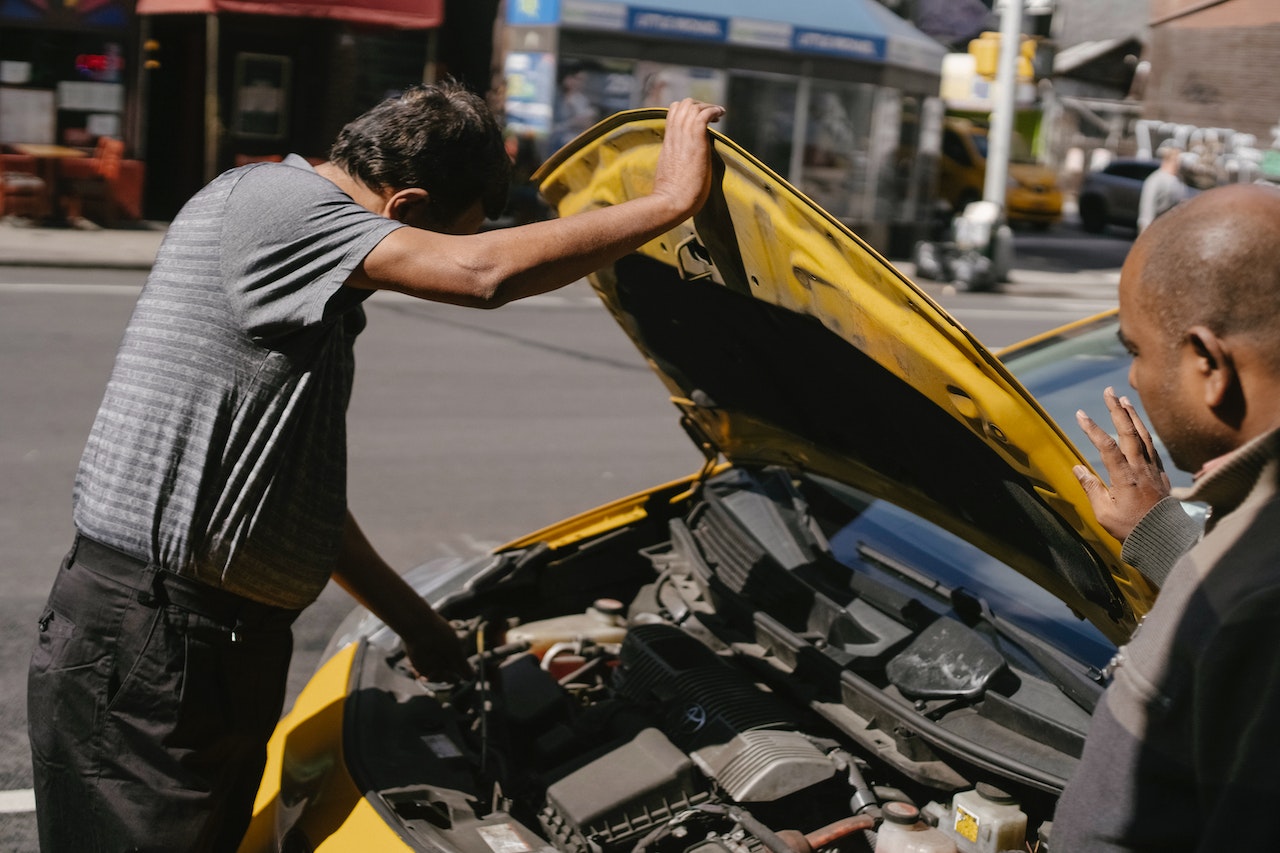Used Car Safety Recall Repair Act
As someone who has been in the automotive industry for years, I understand the importance of safety when it comes to buying a used car. It’s crucial to ensure that the vehicle you’re purchasing is free from any safety defects or recalls. That’s why I’m here to shed light on the Used Car Safety Recall Repair Act, a legislation that aims to protect consumers by requiring used car dealers to fix any safety recalls before selling a vehicle.
When it comes to used cars, safety should always be a top priority. The Used Car Safety Recall Repair Act is a game-changer in the automotive industry, as it holds used car dealers accountable for addressing any safety recalls before selling a vehicle. This means that as a consumer, you can have peace of mind knowing that the car you’re purchasing has been thoroughly inspected and repaired, if necessary, to meet safety standards.
What is the Used Car Safety Recall Repair Act?
Definition of the Act
The Used Car Safety Recall Repair Act is a crucial piece of legislation that mandates used car dealers to address any safety recalls on vehicles before selling them to consumers. This act ensures that buyers can have peace of mind knowing that the car they are purchasing has been thoroughly inspected and repaired to meet safety standards.
Purpose of the Act
The main purpose of the Used Car Safety Recall Repair Act is to prioritize consumer safety in the used car market. By requiring dealers to fix any safety recalls, the act prevents potentially dangerous vehicles from being passed on to unsuspecting buyers. This promotes transparency, accountability, and trust in the industry, allowing consumers to make safer choices when purchasing a used car.
The act not only protects consumers from potential harm but also encourages dealers to take responsibility for the vehicles they sell. By addressing safety recalls, dealers demonstrate a commitment to customer satisfaction and a willingness to uphold safety standards. This helps build trust between consumers and dealers, establishing a positive reputation for the used car industry as a whole.
In addition to safeguarding consumers, the Used Car Safety Recall Repair Act also benefits manufacturers by ensuring that any safety issues with their vehicles are addressed promptly. By requiring dealers to fix safety recalls, the act helps manufacturers maintain a high level of quality and safety in their products.
Overall, the Used Car Safety Recall Repair Act plays a crucial role in promoting safety, transparency, and accountability in the used car market. By requiring dealers to address safety recalls, the act protects consumers from potential harm and encourages responsible practices within the industry.

Key Provisions of the Used Car Safety Recall Repair Act
Disclosure Requirements
Under the Used Car Safety Recall Repair Act, used car dealers are required to disclose any safety recalls on vehicles before selling them. This provision ensures that consumers are fully informed about any potential safety issues with the used car they are considering purchasing. By providing this information upfront, consumers can make an educated decision about whether or not to proceed with the purchase.
The act mandates that the disclosure must be in writing and include specific details about the safety recall, such as the nature of the defect, the potential risks involved, and any recommended repairs. This level of transparency empowers consumers to weigh the potential risks and benefits and make an informed choice regarding the purchase of the vehicle.
Repair Obligations
Another key provision of the Used Car Safety Recall Repair Act is the requirement for used car dealers to address any safety recalls on vehicles before selling them. This means that if a used car has an outstanding safety recall, the dealer is responsible for ensuring that the necessary repairs are made before selling the vehicle to a consumer.
By imposing this repair obligation on used car dealers, the act helps to ensure that potentially dangerous vehicles are not being passed on to unsuspecting buyers. It prioritizes consumer safety by making it a legal requirement for dealers to resolve known safety issues before the sale of the vehicle.







































